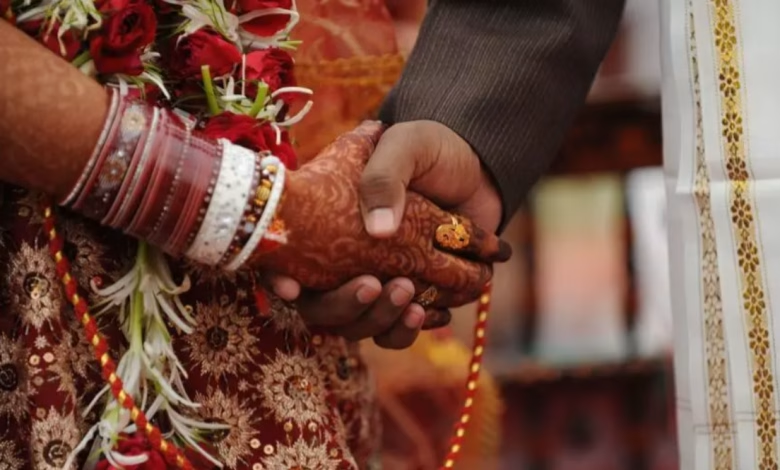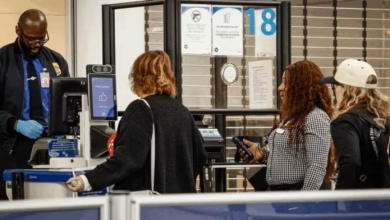India Urges Supreme Court to Consider Leniency in Marital Rape Cases

- India's penal code still exempts marital rape.
- The government suggests leniency for marital rape penalties.
- Over 10 million women report spousal sexual violence.
- Efforts to criminalize marital rape are progressing slowly in court.
India’s penal code, established during British colonial rule in the 19th century, explicitly states that “sexual acts by a man with his own wife… is not rape.” Despite ongoing advocacy for change, Prime Minister Narendra Modi’s government recently enacted a revised penal code that retains this controversial clause. Activists have been challenging this provision in court for over a decade, seeking to make marital rape illegal in India.
On Thursday, India’s interior ministry submitted an affidavit to the Supreme Court, asserting that while marital rape should incur “penal consequences,” it should be treated more leniently than non-marital rape. The affidavit emphasized that “a husband certainly does not have any fundamental right to violate the consent of his wife,” yet suggested that labeling such actions as “rape” could be viewed as excessively harsh given the institution of marriage.
Currently, India’s penal code stipulates a minimum 10-year prison sentence for convicted rapists. The government’s stance is that marital rape is sufficiently addressed by existing laws, such as the 2005 Protection of Women from Domestic Violence Act. This law recognizes sexual abuse as a form of domestic violence but does not impose criminal penalties on offenders. Additionally, a different section of the penal code punishes acts of “cruelty” by a husband against his wife, carrying potential prison sentences of up to three years.
According to the latest National Family Health Survey conducted between 2019 and 2021, approximately 6% of married women aged 18-49 in India reported experiencing spousal sexual violence. This statistic translates to over 10 million women in the country being victims of sexual violence at the hands of their husbands. Alarmingly, nearly 18% of married women feel unable to refuse their husbands’ sexual advances.
Divorce remains socially taboo in many parts of India, with only one in every 100 marriages ending in dissolution, often due to societal pressures to maintain unhappy unions. Furthermore, India’s criminal justice system suffers from chronic backlogs, leading to significant delays in case resolutions. The long-standing case advocating for the criminalization of marital rape has made slow progress, having been referred to the Supreme Court after a split verdict from a two-judge bench in the Delhi High Court in May 2022. One judge in that case noted that while one might disapprove of a husband forcing sex upon his wife, it should not be equated with the violent act of rape by a stranger.






